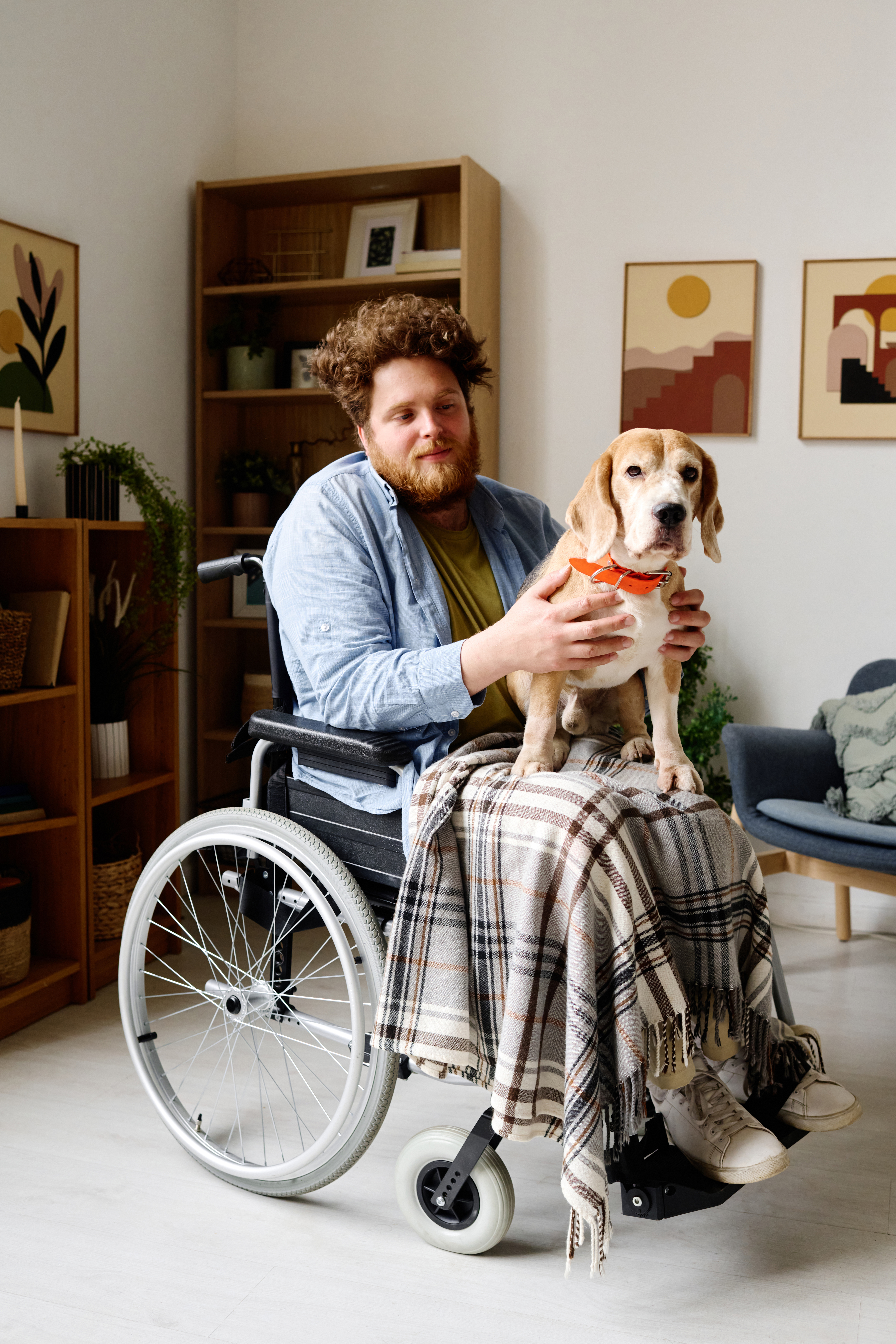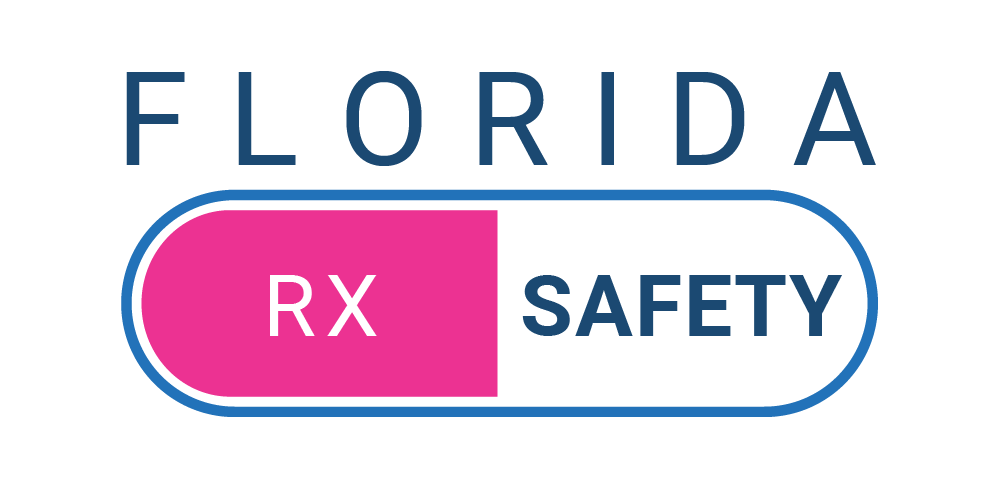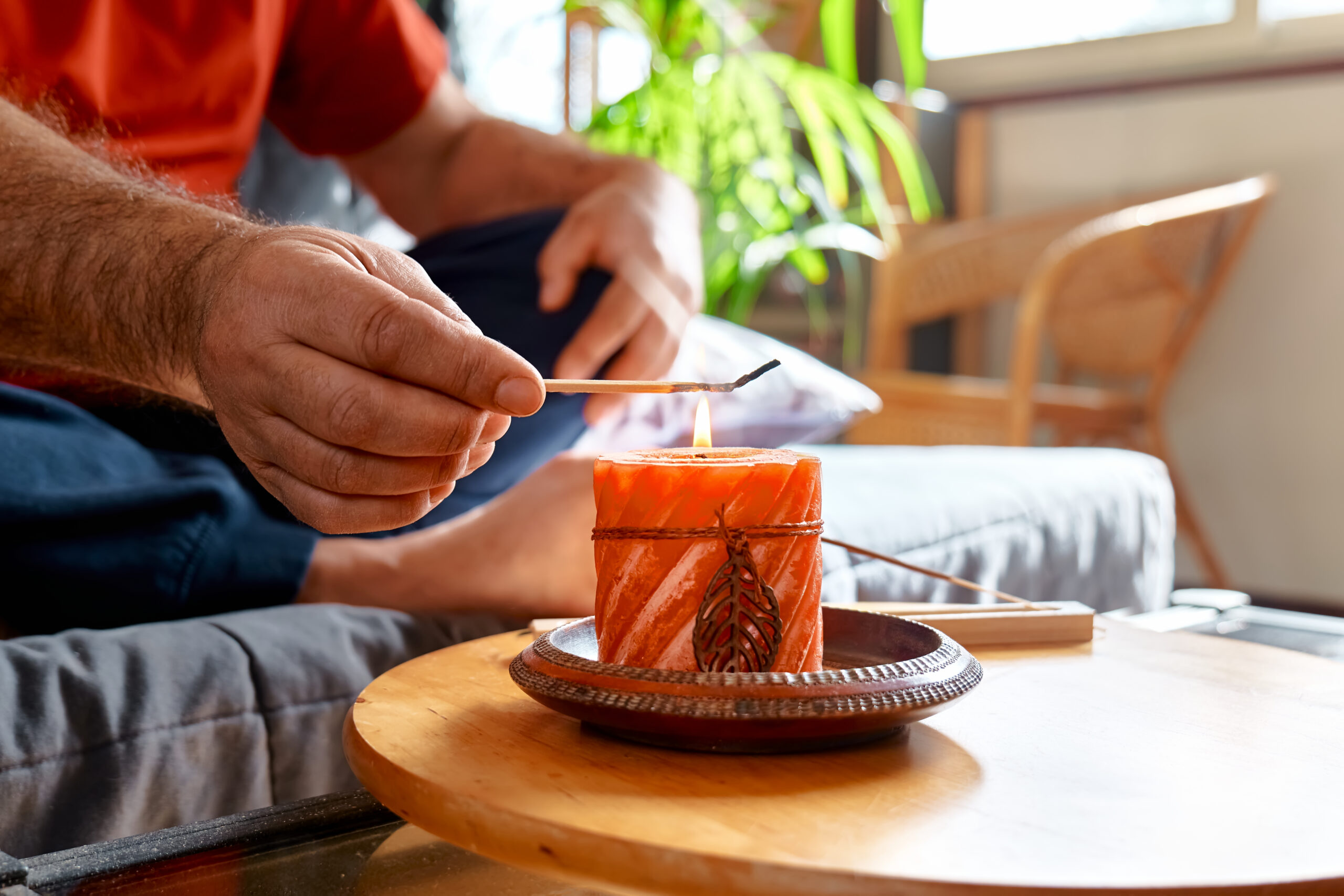ALTERNATIVE & INTEGRATIVE PAIN RELIEF
MASSAGE, ACUPUNCTURE, AND CHIROPRACTIC CARE
Alternative therapies focused on the body, such as acupuncture, acupressure, and spinal manipulation, are safe and natural mechanisms for coping with pain. Not only are these methods used to ease pain, they also have been known to release dopamine-stimulating endorphins and improve body function.
EXERCISE
Exercise is always recommended, yes, but it is particularly important for those who experience chronic pain. Studies show that mild, low-impact exercise can greatly improve functionality and mobility in a person. And, exercises such as yoga have proved to relieve chronic back pain, joint pain, arthritis, fibromyalgia, and other related conditions. If you are not likely to exercise on your own, you may consider scheduling physical therapy sessions for ongoing pain management.

MINDFULNESS & MEDITATION
Meditation, not medication. Mindfulness (a meditational practice that focuses on self-acceptance) is an effective alternative to traditional painkilling drugs. This approach helps individuals spend less time thinking or worrying about their pain, and more time accepting the pain in efforts to reduce its intensity. Don’t believe it? A recent study of adults with chronic back pain revealed that, over the course of 26 weeks, mindfulness treatments actually resulted in great improvements in back pain and functionality. (To learn more about Mindfulness and how to apply the practice, please see the SMART Recovery blog post on the topic.
AROMATHERAPY
For most people, the idea of smelling something to make you feel better may sound a bit silly, at best. But aromatherapy has been used for pain management since the time of the ancient Egyptians. Peppermint oil, lavender oil, chamomile oil, and African marigold oil have been used for pain management ever since.
According to Psychology Today, aromatherapy positively stimulates the limbic system of the brain to ease chronic pain and anxiety.


MUSIC & PET THERAPY
Music and pet therapy are among some of the most commonly used complementary and alternative therapies offered by hospice care providers to provide comfort and alleviate pain and anxiety for patients with cancer and other chronic conditions.
In music therapy, certified music therapists use methods such as song writing, improvisation, lyric analysis, singing, instrument playing and relaxation techniques to treat the needs of patients.
Pet therapy, or animal-assisted therapy, uses animals that have been trained to be obedient, calm, and comforting to provide therapeutic benefits.
COGNITIVE BEHAVIORAL THERAPY (CBT)
Chronic pain can bring about emotional as well as physical tolls on the mind and body. You may know this firsthand, how relentless and extreme the pain can be, how hopeless it can make you feel. This is normal, and is exactly what CBT aims to address. Cognitive behavioral therapy is an effective, psychological treatment alternative that alleviates the dysfunctional thoughts and attitudes so often associated with chronic pain, like depression.
CBT teaches coping mechanisms for pain management by helping individuals recognize symptoms, control their perceptions of pain, put their focuses elsewhere, and develop strategies to adapt and conquer any negative feelings.


OVER-THE-COUNTER ACETAMINOPHEN
Officially recommended as a first-line treatment by the American College of Rheumatology, acetaminophen is an over-the-counter pill that is most commonly recognized in its branded form, Tylenol. Despite popular belief, this OTC medicine is truly effective in treating pain.
A recent study from the Journal of the American Dental Association revealed that 325mg of acetaminophen taken with 200mg of ibuprofen actually provided better pain relief than oral opioid drugs for patients who had tooth extractions.
NONSTEROIDAL ANTI-INFLAMMATORY DRUGS (NSAIDS)
Typically more potent than acetaminophen, NSAIDs are over-the-counter medications that relieve pain, reduce inflammation, and lower fevers. Ibuprofen and aspirin are of the most commonly recognized types of NSAIDs.
While greatly effective in treating pain, use of these drugs should be taken with caution. Regular use of NSAIDs, particularly among older patients, can prevent blood clotting and increase the risk of ulcers, gastrointestinal problems, and cardiovascular issues.


SEROTONIN AND NOREPINEPHRINE REUPTAKE INHIBITORS
In other words, anti-depressants. Even if you are not struggling with a depressive disorder, anti-depressants can be taken as first-line treatments for nerve pain as well as muscular and skeletal pain.









